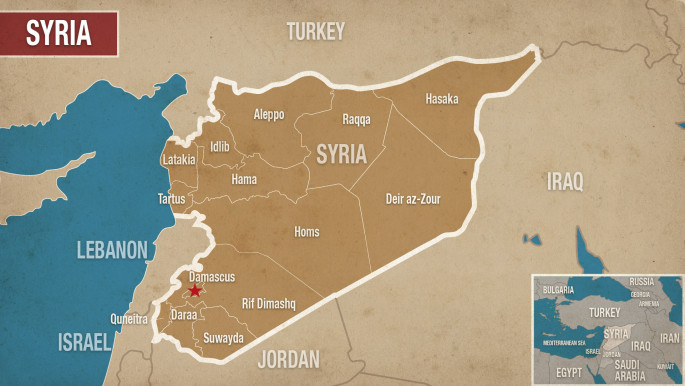Britain gave Assad 'green light' to Syria massacre, says UK aid minister
Speaking to Huffington Post, International Development Minister Alistair Burt said President Bashar al-Assad was given the "green light" to continue massacring his people when the UK and US voted against military action four years ago.
Burt said the lesson was that non-intervention – like intervention – had "consequences" that could last for years.
The vote four years ago, which followed a sarin gas attack that poisoned to death over 1,000 innocent people in the Ghouta area of Damascus, was thought to also have heavily influenced then US President Barack Obama's decision not to take action against the regime, despite saying the use of chemical weapons was a "red line".
"It was seen as a green light by Assad in killing his people. He didn't need to kill them exclusively through chemical means, he killed them through mechanical means. He continued his war against his own people," Burt said
"And the green light was also seen by other powers, Iran and Russia, who then moved into the space vacated by the United States with consequences which we have seen."
This year, Assad was accused by the UN of a sarin attack which killed 80 civilians in Khan Sheikhoun in Idlib province.
Burt said the British public were weary of military intervention because of mistakes made in Iraq.
"The British people said very clearly don’t get involved. I thought we should, which is why I both advocated and voted the way I did," he said.
"No one knows what would have happened had the vote been passed and had the United States enforced a red line. What we do know is what happened because we didn't."
Earlier this month, British Foreign Secretary Boris Johnson also lamented the consequences of inaction in Syria following the 2013 Khan Sheikhoun massacre, arguing that conflicts in the wider region "have been exacerbated not so much by Western meddling as by our aloofness".
Johnson said it was time "to collectively re-insert ourselves" into Syria.
"We willed the end, and failed to will the means – leaving the pitch wide open for Russia and Iran.
|
"I am afraid that we must adjust to reality and accept that our policy has not succeeded."
He added: "We need more engagement, not less, because if you look at events since 2013, when Britain and the US decided not to intervene in Syria even after Assad has used chemical weapons, you could not say that we managed to insulate ourselves from the region."
The Syrian conflict began when the Baath regime, in power since 1963 and led by Assad, responded with military force to peaceful protests demanding democratic reforms during the Arab Spring wave of uprisings, triggering an armed rebellion fuelled by mass defections from the Syrian army.
The brutal tactics pursued mainly by the regime, which have included the use of chemical weapons, sieges, mass executions and torture against civilians have led to war crimes investigations.
![Syria chemical weapons protest [Getty] Syria chemical weapons protest [Getty]](/sites/default/files/styles/large_16_9/public/media/images/A3999B5C-DDAF-4EF3-9A04-1F2ECE3C1148.jpg?h=d1cb525d&itok=6mFI93ih)



